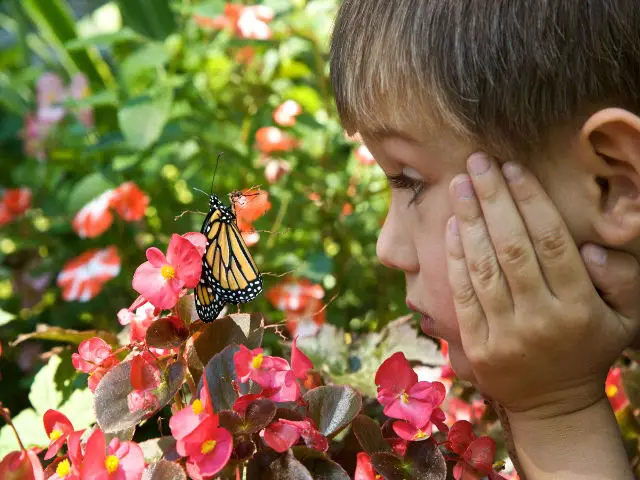A higher proportion of children are home educated on the Isle of Wight than anywhere else in the country.
As of the end of January, 378 children were being home educated on the Island — the highest proportion in the UK, at almost one in 50.
Nationally, home education has risen by 40 per cent in three years.
No financial support from IWC
The Isle of Wight Council attributes the high levels on the Island, in part, to under-reporting elsewhere in the country.
Cabinet member for children’s services, Cllr Paul Brading, said the tracking systems for home educated children on the Island were ‘excellent’.
He added:
“Parents have made the choice to home educate and it’s up to them if they would like support from the council.”
The authority does not offer any financial support for parents.
Brading: Improving confidence in schools
Cllr Brading said,
“The two biggest expenses from education — the building and the teachers — do not exist with home education.”
Although parents cite many reasons for home educating their children, Cllr Brading said:
“If we improve confidence in the school, we may see less home educating on the Island.”
All of family’s children schooled at home
Kate Brett and her husband Michael, from Newport, home educate their four children.
Aged between four and 12, they began home educating because it was the ‘right’ decision for their children. She first began homeschooling when her eldest son, who has special educational needs, began to find the school system ‘very difficult’.

Twelve-year-old Jacob was nine when he was taken out of school, followed shortly by 14-year-old Charlotte. Thomas, 6, and Alexander, 4, have never been to school.
She said:
“I don’t think I would put them back in school and improvements to the school system would not make any difference to us.”
Kate said the home educating community on the Isle of Wight organised trips and outings, so her children were always doing something social.
Resources shared among home educators
Although parents have to shoulder the cost of home schooling, Kate said resources were shared among home educators.
“We speak to each other, and if someone were to say ‘I want to do a project on Egyptians’, if I had the resources, I would lend it to them.”
Home schooling for 13 years
Jonathan Idle has been home schooling his three children for 13 years, taking his eldest out school when she was five years old.
He said:
“At the time, my oldest was a free spirit and it just made sense for us to keep her at home with me. We didn’t want her to feel she had to conform.
“For us, it has not been about how good or bad the school was.”
Jonathan said home-schooling required a ‘whole different mindset’ to traditional school.
He said,
“They don’t just learn between 9am and 5pm, Monday to Friday. We are not trying to replicate a school.”
As his children have got older, Jonathan said he helped his children gain more ‘traditional’ qualifications. After studying for an apprenticeship, his daughter now lives and works in Edinburgh as a theatre technician.
Bullying at three schools led to home schooling
Sarah, from Shanklin, removed her now 18-year-old when he was 11. Sarah said she suffered two years of bullying at three different schools.
Her youngest daughter has never been sent to school.
She said:
“We are not keen so much on some aspects of primary education now. We want her to have free learning that she directs where we can explore and go off at tangents, without needing to stay on track with the national curriculum.
“We believe strongly in learning to read and write, the importance of maths but in a time that suits her rather than pressuring her to have to learn if she’s not quite ready.
“If our youngest really wants to try school at some point we won’t stop her. But there would have to be massive changes for me to want to encourage her to go.”
Sarah said:
“I was worried [about home schooling] but neither my eldest nor I have ever had any regrets.”
This article is from the BBC’s LDRS (Local Democracy Reporter Service) scheme, which OnTheWight is taking part in. Some additions by OnTheWight. Ed
Image: Hagerty Ryan, U.S. Fish and Wildlife Service under CC BY 2.0





